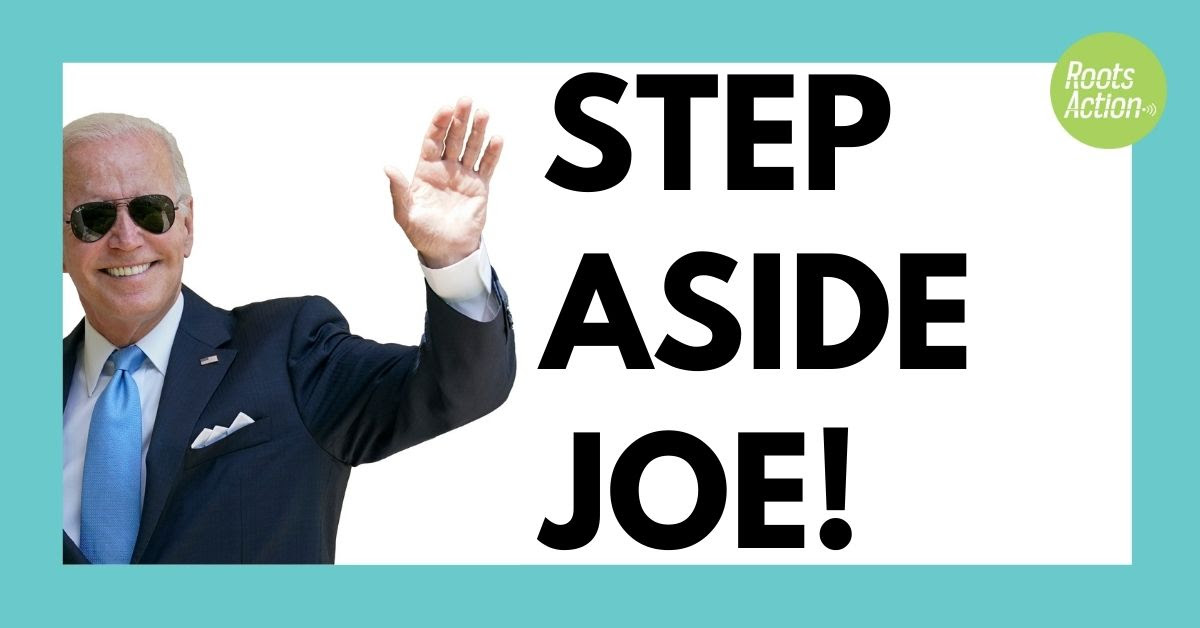Israeli Prime Minister Benjamin Netanyahu is not one to pull his punches when it comes to American presidents.
The assassination of Iranian nuclear scientist Mohsen Fakhrizadeh was not just a particularly daring attack against Iran. It was also Neyantahu's opening salvo against President-elect Joe Biden in what is already set to be an uneasy relationship. Rather than endearing himself and Israel to the new American president, Bibi instead chose to throw the first punch. His signal to Biden was clear: On Iran policy, Israel calls the shots.Netanyahu has famously poor relations with Democratic Presidents. His bullying personality and lack of deference to the United States left an aghast Bill Clinton exclaiming "Who's the f***ing superpower here?" after their first meeting.
His relationship with Barack Obama was even worse. Their first official meeting at the White House in May 2009 was, by all accounts, a disaster—and it went downhill from thereon. But unlike Netanyahu's approach to Biden today, neither Obama nor Netanyahu actually wanted their relationship to turn sour. The breakdown was not caused on purpose but rather through a series of misunderstandings and misperceptions.
While Netanyahu knew that Obama was likely to request limitations on settlement building, he did not expect Obama to request a "complete settlement freeze," as soon as possible. Netanyahu felt ambushed, telling his aides afterward that he felt "punched in the nose." The Obama team, meanwhile, believed that the request on settlements had been well telegraphed in the weeks preceding the meeting.
Not one to turn the other cheek or give Obama the benefit of the doubt, Netanyahu quickly returned the favor. During the joint press conference after their meeting, Obama focused on the need for progress on the Israeli-Palestinian issue (which never appeared to be a matter of urgency for Netanyahu, to put it mildly,) and for diplomacy with Iran (which Bibi opposed outright.) Seeking to create an atmosphere conducive to diplomacy, Obama had deliberately toned down the rhetoric on Iran in hope of convincing a highly suspicious Tehran of his sincerity. He had, for instance, completely avoided threatening language, including George W. Bush's favorite phrase—"all options remain on the table"—precisely because he knew his chances of getting the Iranians to come to the table would dwindle if he appeared to be threatening them.
Netanyahu also understood the logic perfectly well. So to sabotage Obama, he turned to the American president and told the reporters: "I very much appreciate, Mr. President, your firm commitment to ensure that Iran does not develop nuclear military capability, and also your statement that you're leaving all options on the table." Obama, had, of course said no such thing in public. Netanyahu put the words in his mouth, knowing very well how the paranoid decision-makers in Tehran would interpret it. No other friend of the United States treats American Presidents this way.
With Biden, Netanyahu has chosen to avoid any misunderstandings: He's throwing the first punch even before the former Vice President has had the chance to take the oath of office. Bibi had already publicly forbidden the U.S. to rejoin the Joint Comprehensive Plan of Action (JCPOA)—"There can be no going back to the previous nuclear agreement," he said last month—and with the assassination, he signaled Biden that he won't hesitate to agressively undermine the American president if Biden chooses to pursue the path he believes best serves America's interests.
This is astonishing, even for Netanyahu's standards. After all, Israel needs the United States far more than the U.S. needs Israel. But decades of American deference to Israel and other partners in the Middle East have emboldened them to not only challenge U.S. presidents but also undermine them. Deference has bred recklessness and disregard for U.S. interest. Not surprisingly, this has left Netanyahu with a perception of impunity.
Biden must now decide whether to correct Netanyahu's perception or adjust to it. Some in Biden's circle have at least in the past advised that more deference to Israel could have tempered Netanyahu's opposition to the Iran deal (it is unclear as to whether they still hold those views after the Fakhrizadeh assassination.)
Others, like Obama's deputy national security advisor Ben Rhodes, believe Netanyahu is categorically opposed to any deal with Tehran—no amount of deference or consultation can change that. Last week, Rhodes issued an impassioned plea to the Biden team not to fall into trap of thinking that Netanyahu can be brought over to the pro-diplomacy camp:
"I plead with [the Biden team]," Rhodes said on Pod Save World. "Do not think there is any ounce of good faith that will be coming your way from Bibi Netanyahu, from MBS, and from the Tom Cottons of this world. They will convince you that they are really for a better deal. That they just want to help you get a better deal... That is a heaping pile of bullshit. These people have no interest in a deal. They've never had an interest in a deal. How many times do we have to go through this play? This is in the hands of the Biden people to say: We don't need to listen to these people."
Rhodes speaks from bitter and direct experience. The Obama administration consulted extensively with the Netanyahu government during the course of the JCPOA negotiations and only stopped sharing intel with the Israelis once U.S. intelligence picked up that the Israeli ambassador to Washington selectively leaked information in order to undermine the talks. Netanyahu didn't do this only to Obama he even conspired with John Bolton to prevent Donald Trump from meeting with Iranian foreign minister Javad Zarif, revealing that he was not opposed to Obama's nuclear deal because of its alleged flaws but rather opposed to any deal with Iran. After all, in Trump, Netanyahu had a president willing to break with all his predecessors in acquiescing to almost all key Israeli demands. Yet, even with such a deferential president, Netanyahu opposed the U.S. even talking to Iran, let alone striking a deal with it.
Biden now has a choice to make. Either he allows Netanyahu to define his options in the Middle East—which, given how things are going, would mean that America would have to prepare for some form of a confrontation with Iran sooner rather than later. Or he charts out a new approach for America in the Middle East, with new parameters and benchmarks for success that do not all hinge simply on pleasing Netanyahu.
On Tehran, this would likely entail Biden seeking to put the entire U.S.-Iran relationship on a new footing, in order to better protect U.S. interest as well as protect the nuclear deal from efforts by Israel, Saudi or the UAE to kill the nuclear deal.
On Israel, Biden is faced with an unequivocal reality, now more starkly defined than during his previous term in high office. Either America returns to an already charted diplomatic path that makes Iran part of the solution instead of the problem, stabilizes the region and ultimately makes even Israel itself more secure; or it sacrifices its own interests for the insurmountable anxieties of one prime minister (and two authoritarian rulers in the Persian Gulf)—which, if indulged, would ironically lead to confrontation, or to war.
Obama left the White House still believing that a middle ground between charting a new path on the Middle East and appeasing Israel existed. Netanyahu is going over and above to make it plain to Biden at the outset that he won't allow for any middle paths.
Trita Parsi is the Executive Vice President of the Quincy Institute and author of Losing an Enemy - Obama, Iran, and the Triumph of Diplomacy.
Published by Newsweek.










